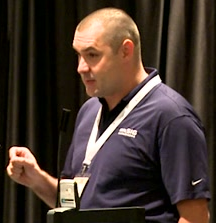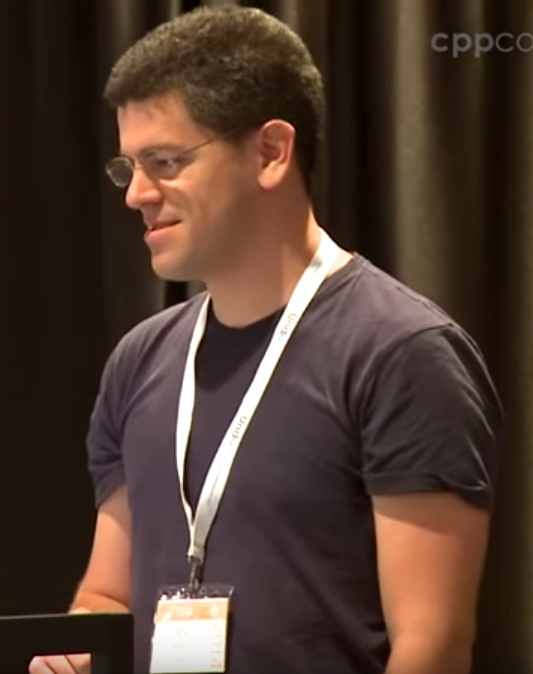Integrating an HTML Editor into Qt using Javascript and QWebView
Part 8 of my series about writing applications in C++ using Qt and boost:
Integrating an HTML Editor into Qt using Javascript and QWebView
by Jens Weller
From the article:
This time its about integrating an HTML Editor into Qt using QWebView and Javascript! I'll start with text editors in general, and then continue to the integration, based on QWebkit and TinyMCE3. The end result is a little bit of hackery, but it is a working solution...

 CppCon
CppCon Have you registered for CppCon 2015 in September? Don’t delay –
Have you registered for CppCon 2015 in September? Don’t delay –  Have you registered for CppCon 2015 in September?
Have you registered for CppCon 2015 in September?